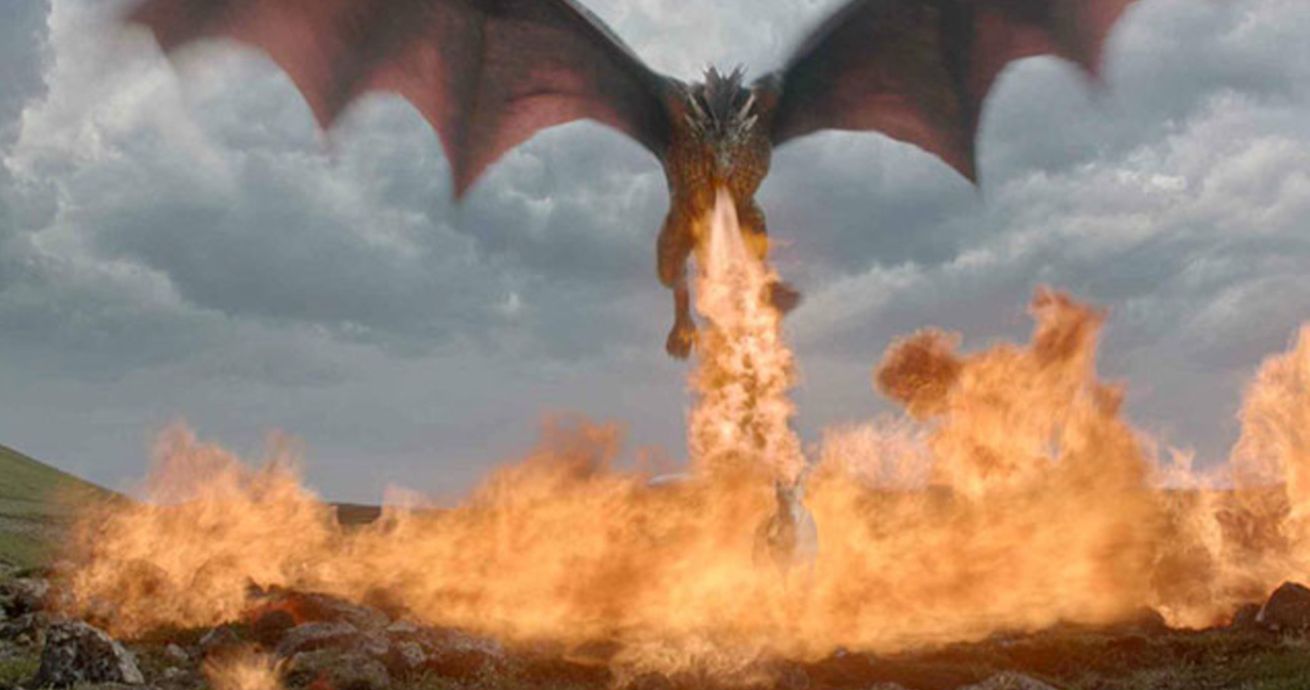Getting to watch high-budget-movie-level special effects on tv shows is a happy trend that modern audiences have gotten used to. Shows like Game of Thrones or the CW's Arroverse would not be possible without a dedicated VFX team bringing the world of dragons and superheroes to life. In an interview, Jonny Slow, CEO at global VFX company Pixomondo that has worked on many films and shows including Game of Thrones, revealed just how hard the global lockdown has hit the VFX industry.
"VFX companies have lots of fixed costs in the form of employees, offices, and tech. That relies on a steady stream of new business to keep it going. Post-production is a bit like an airline, if you haven't got any passengers, you burn through your cash very quickly - most companies will struggle to stay solvent for more than a couple of months."
When the lockdown was first announced, there was the general understanding that the work of animators and VFX teams was safe, since they can get the work done in their own homes. But as Slow points out, having the tools to create VFX at home is of little use if there are no new productions happening to make use of the service.
This has resulted in the CEO of Pixomondo being forced to talk to employees about introducing reduced hours, unpaid leave, and in some cases ultimately lay-offs. The previous assignments for various studios have now been completed, and the slow road to restarting production, as well as another potential lockdown, has complicated matters further.
"There's a stalemate and that's making the potential second lockdown news so depressing. It's fuelling cautiousness, and I'm not saying that's not right - once you start production it's very expensive to stop it - but it's going to mean a while before we get clarity from our clients."
The thing is, very few people understand the intricacies of how the VFX industry operates. Even studio and productions heads all too often chalk the whole thing up to 'special effects magic' done purely on computers, which means communication between a project's VFX team and the rest of the production is frequently found wanting, something Slow says needs to change moving forward:
"We need people to be sympathetic to how the shutdown is progressing down the line. Communication with us helps hugely. We need clients to give us clear communication on timing and be flexible with moving payments towards the start of the work - that would help hugely,"
Despite the bleak scenario, VFX is here to stay, and in a world of new social-distancing norms, may even have more to offer the film industry than ever before, in the form of Virtual Production, a technique popularized by the show The Mandalorian, where alien planets and worlds are filmed within an environment generated by a digital engine, often using gaming tech, as a safe and cost-effective method for film and TV making:
"The Mandalorian was a watershed moment, Virtual Production is now getting a lot of traction with our clients. Long term I am pretty positive on the outlook for VFX. If traveling is harder, and if it's harder to do crowd scenes, and if producers can only get insurance for working inside studios, there are opportunities for VFX companies,"
This news was first reported at Deadline.

